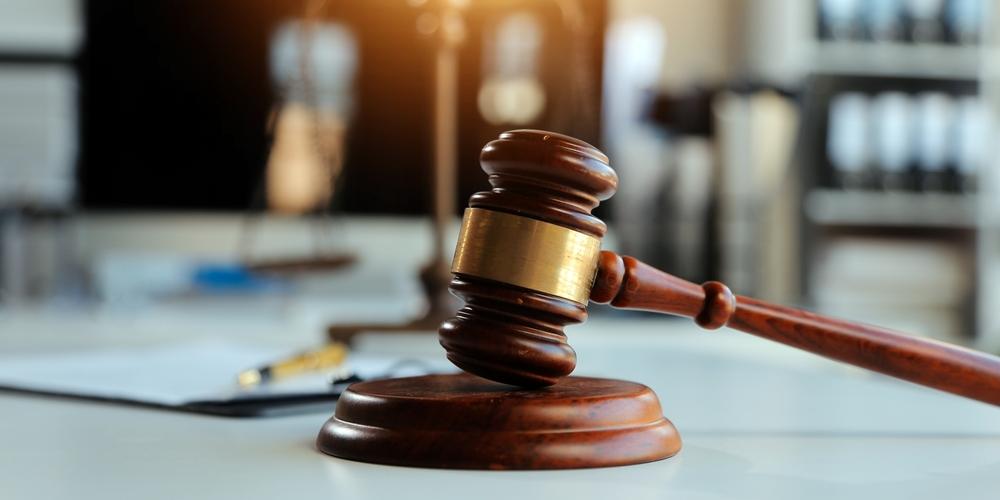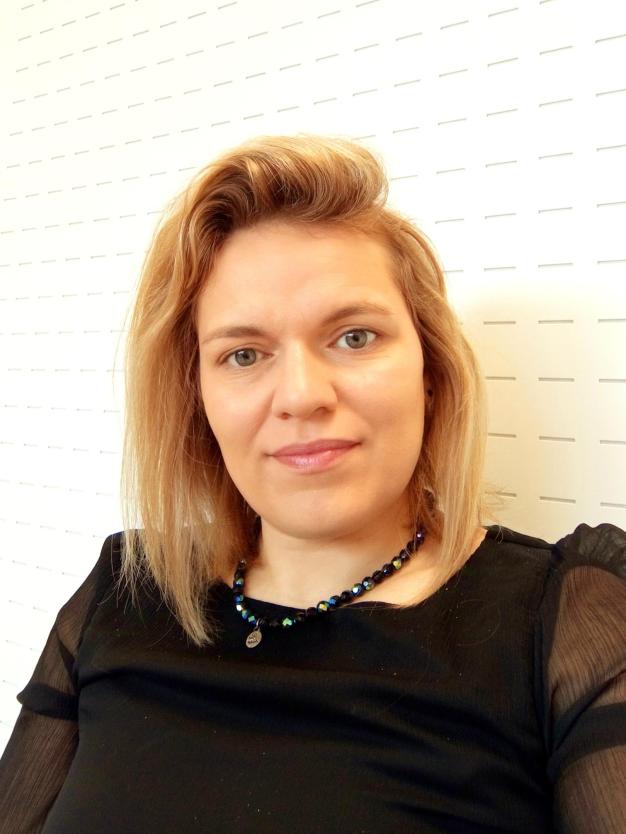
Can a judge share their opinions on social media, or does doing so compromise their neutrality and the independence of the judiciary? What does the European Court of Human Rights (ECHR) say, and how do Belgian judges view this? Professor of Social Law Evelien Timbermont and doctoral researcher Louize Knops examined several ECHR rulings and conducted a survey. Both the court and judges agree: it is permissible when the public interest is at stake, and it is even encouraged in matters relating to the rule of law.
Freedom of expression is a universal right, but there are some limitations. How does this apply to judges?
Evelien Timbermont: “Freedom of expression is indeed a human right, but like many other human rights, it can be limited—for example, within the context of an employment relationship. If you work for a company, you can’t disparage your employer or leak confidential information on social media. The same applies to judges. They are bound by a duty of discretion under their code of ethics, which means they must exercise caution when expressing opinions. A judge must be able to act impartially and independently and maintain public trust in the judiciary’s independence. This duty extends beyond their professional activities to their personal ones, including on social media.”
To make it concrete: many people recently shared their opinions on social media about the U.S. presidential elections and Trump’s victory. What could a judge say about this?
Louize Knops: “A purely personal opinion that serves no public interest and could raise questions about a judge’s impartiality or independence in future cases would not be well received. However, expressing concerns about the survival of the democratic rule of law or judicial independence in the U.S. would be acceptable. Saying, ‘I find it appalling who has been elected,’ is different from framing that statement within a geopolitical context and discussing its implications for Europe.”

Louize Knops
You analysed ECHR rulings on cases where national courts restricted a judge’s right to freedom of expression. The ECHR evaluates whether such restrictions are proportionate. Why did you undertake this analysis?
Evelien Timbermont: “The guidelines are often broadly interpretable. We wanted to see if any principles could be distilled from these rulings—whether factors like the judge’s role, the measures imposed, or the platform used to share opinions played a part.”
Does the ECHR view a judge’s social media posts differently from, say, an opinion piece?
Louize Knops: “Not fundamentally. The difference lies in the potential reach of their opinions. Social media can amplify impact far more than an opinion piece behind a paywall. Even on social media, not all posts are the same. A judge sharing an opinion in a private Facebook group with colleagues is different from posting something in a public group or on an account with a large following. The ECHR takes these factors into account.”
Are many judges interested in being active on social media?
Evelien Timbermont: “Our survey of Belgian judges found that about half believe it is important to be able to share their opinions on social media, and some have already done so. Slightly over 30% said they do not consider it important, citing their ethical obligations and the existence of alternatives like court spokespersons.”
Louize Knops: “What’s interesting is that ECHR rulings sometimes suggest certain judges are expected to speak out. According to the ECHR, judges at the highest courts may, in some cases, have a duty to defend their profession in the interest of the rule of law. It then becomes part of their role to participate in political debates that touch on the foundations of the rule of law.”
Can you give a recent example of Belgian judges doing this?
Evelien Timbermont: “Following Justice Minister Vincent Van Quickenborne’s proposal to merge certain courts, several judges from labour courts publicly opposed the reform through an open letter. They argued that labour courts ensure accessible justice. Many shared the letter on social media, which is allowed. There’s a consensus that they acted in the public interest. It’s a different matter if a judge were to comment on a pending case or one they had ruled on—discretion would be expected in such instances.”
Do Belgian judges often face consequences for social media posts?
Louize Knops: “There’s little data on this, but it seems to be rare. It depends on what you consider consequences. Disciplinary sanctions are uncommon, but judges could face indirect repercussions, such as being reassigned to a different chamber. Whether such actions are linked to social media posts isn’t always clear.”
What else emerged from your survey of Belgian judges?
Evelien Timbermont: “We focused on judges from labour courts because they frequently handle cases involving employees expressing opinions on social media. These judges are familiar with ECHR jurisprudence. Interestingly, a majority disagreed with the ECHR’s distinction based on a judge’s position, arguing that senior judges should not face fewer restrictions than those in lower courts.
“We also asked whether they felt they had enough guidance to determine what they can and cannot say. Some said the duty of discretion is vague but saw no issue with that. Others wanted more clarity. Meanwhile, some judges admitted they don’t consult existing guidelines.”
If the guidelines are unclear, do judges tend to over-censor themselves?
Louize Knops: “Half of the judges we surveyed are not active on social media. Of those, 60% cited ethical obligations as the reason. Among the active group, about 60% said they feel limited in what they can share. This suggests judges do experience constraints due to their duty of discretion. Yet, ECHR rulings show there is room for expression. Greater insight into the principles behind these rulings could help, but clear guidelines remain difficult to establish given the many contextual factors involved.”*

Evelien Timbermont
*This is a machine translation. We apologise for any inaccuracies.